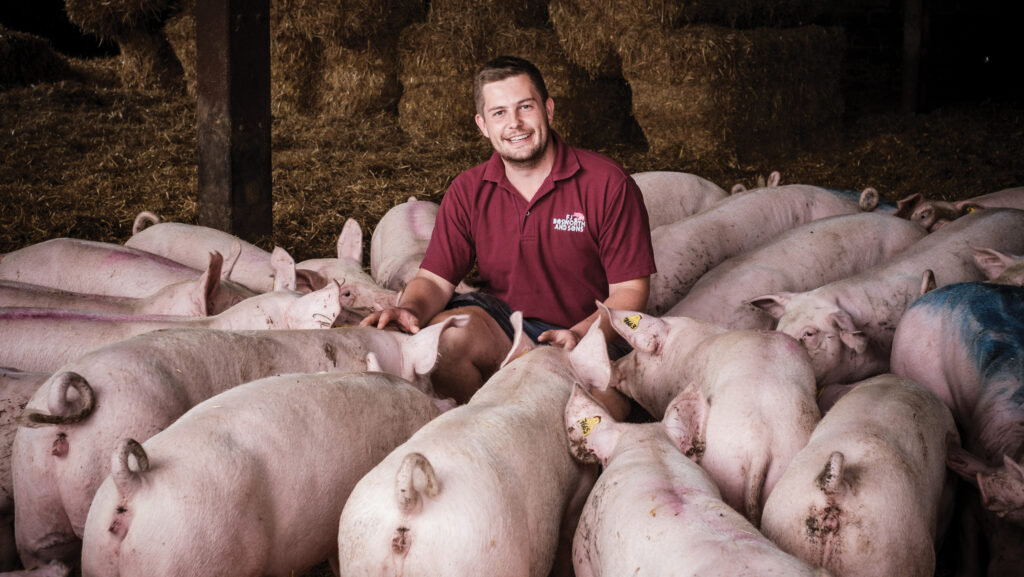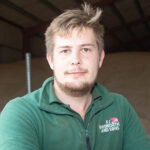Farmer Focus: Funding fail for robotic pressure washer
 © MAG/Colin Miller
© MAG/Colin Miller I previously mentioned the latest round of the Farming Equipment and Technology Fund, and our hopes of securing some funding to allow us to buy a robotic pressure washer.
I’m disappointed (and surprised) that we were unsuccessful in that process.
Of all the items we have got funding for over the past two rounds, I believe this one to have had the most advantages across many areas.
See also: 4 tips to improve cleanliness and biosecurity on pig units
Our application scored a mere 0.15 (the minimum scoring threshold was 0.37), despite it being the sixth highest-scoring item of the eligible items associated with pigs for the Animal Health and Welfare Pathway.
This item would have reduced our emissions thanks to its battery power, running on electricity that we generate via 100kW of solar panels on farm, instead of the existing pto pressure washers with red diesel-fuelled tractors on the front of them.
The water consumption would also be reduced, with less wastage by washing according to the training schedule, allowing more accuracy and concentration on the relevant areas.
In addition to the environmental benefits, staff working conditions would also be improved, thanks to 90% of the washing being completed by a robot, rather than a member of staff.
The worst bit of washing is always the first bit, and the robot would have taken care of this.
Not only does it improve working conditions for the staff, it also gives them more time to devote to stockmanship.
Being able to run the machine 24/7 would also allow pig housing more drying time. And I truly believe that the less often you have to do of something, the more attention you will pay to doing it well.
In this case, with everyone only needing to wash 10% of a building rather than 100%, I would predict attention to detail to be even better than it is now – and it is very good at the moment.
All of these points offer benefits to animal health and welfare through better husbandry and a better environment, respectively.
Given all of the above, I really do find it a struggle to see why we scored as low as we did. Hopefully, if nothing else, we will be able to find out why this turned out to be the case.

